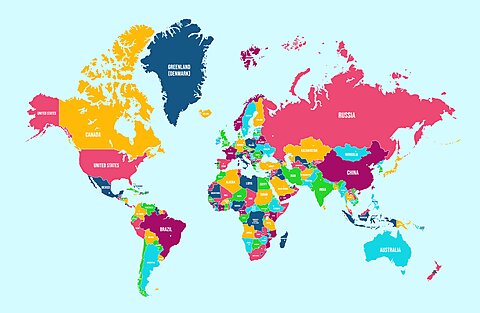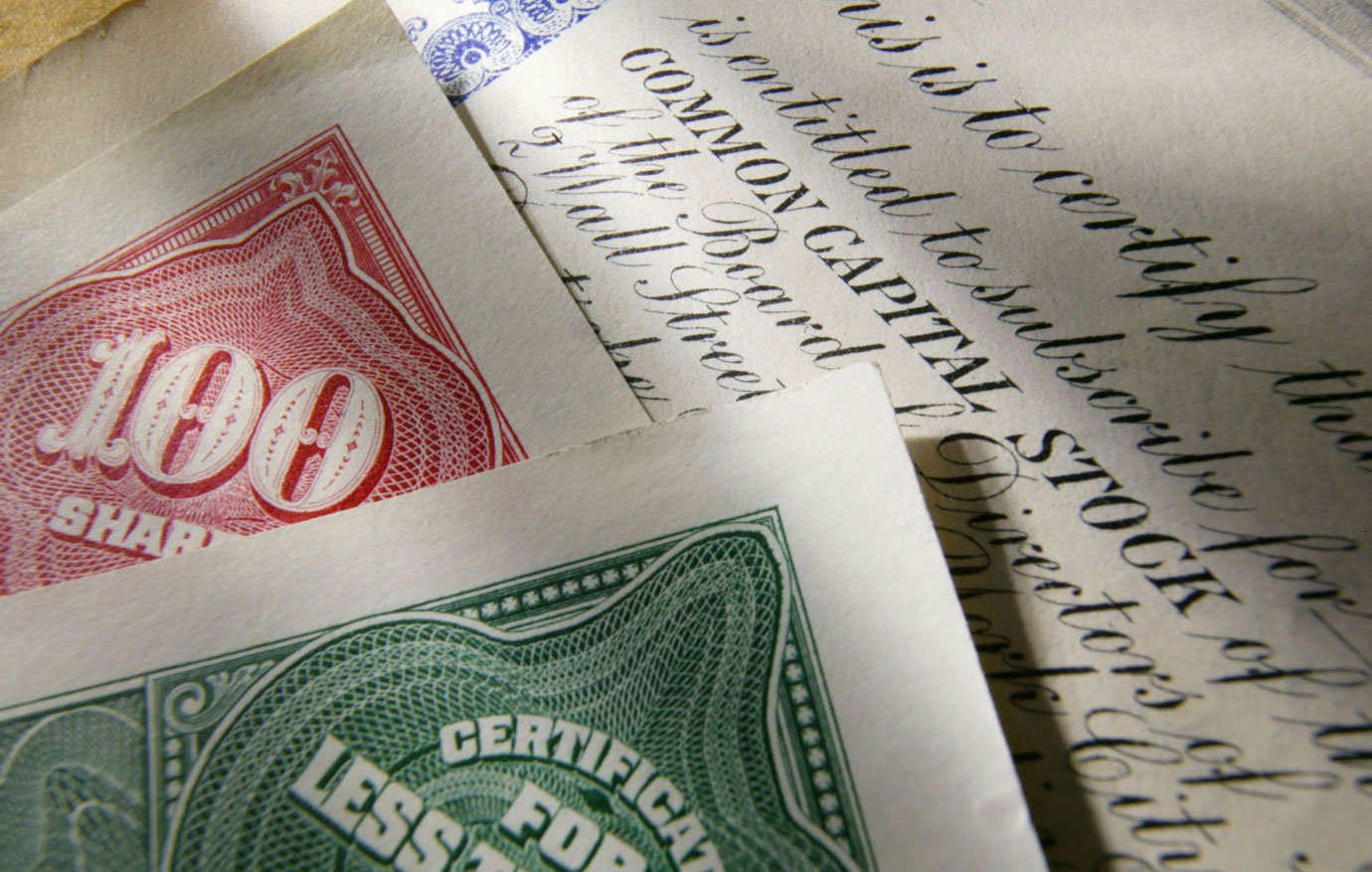Navigating the Slippery Slope: How Hoover’s Interventions Paved the Way for the Great Depression
One of the great myths of US history is that Herbert Hoover was a laissez-faire president. In truth, he intervened in the economy more than any of his predecessors, creating the crisis known as the Great Depression. His successor made
Bureaucracy and Grove City College: How One College Resisted the Bureaucratization of Higher Education
Today we are featuring the winning essays in the Student Essay Contest for undergraduates at the Austrian Economics Research Conference.
New Defending Globalization Content: Tariffs, Climate Change, and the Moral Case for Globalization
Scott Lincicome Today we’ve published three essays for Cato’s Defending Globalization project: Separating Tariff Facts from Tariff Fictions, by Erica York, explains that tariffs are costly taxes, and economists consider them to be poor tools for boosting the economy, reducing the trade
Frédéric Bastiat Was a Radical Opponent of War and Militarism
Bastiat sought to abolish "the entire army" with the exception of "some specialized divisions" which would have to be staffed with volunteers since Bastiat also sought to abolish conscription.
How States Think: The Rationality of Foreign Policy
Zachary Yost reviewed John Mearsheimer and Sebastian Rosato's recent book How States Think: The Rationality of Foreign Policy. While the book is an excellent source of historical reflection, there are grounds to criticize its epistemology on Misesian grounds.
Artificial Intelligence and Irrational Fears
There has been much hysteria over the rise of artificial intelligence, much of it overblown and downright silly. No, AI is not about to impose tyranny on helpless humanity. Like all other technology, AI is a tool that can be
Seditious Conspiracy: A Fake Crime and a Danger to Free Speech
Over the past three years, the word sedition has again become popular among regime agents and their friends in the media.









